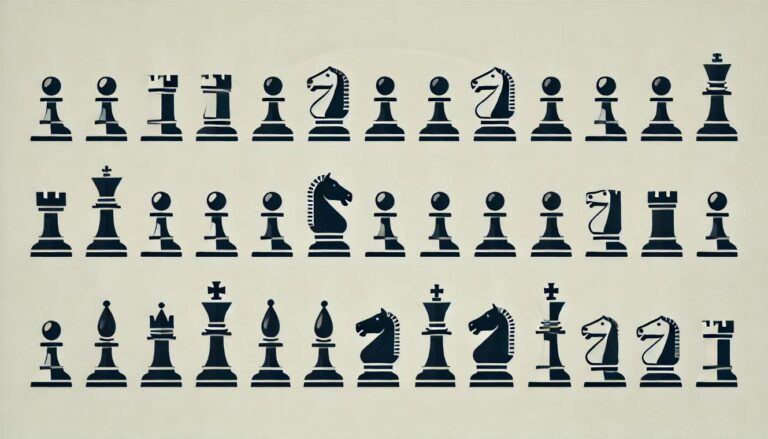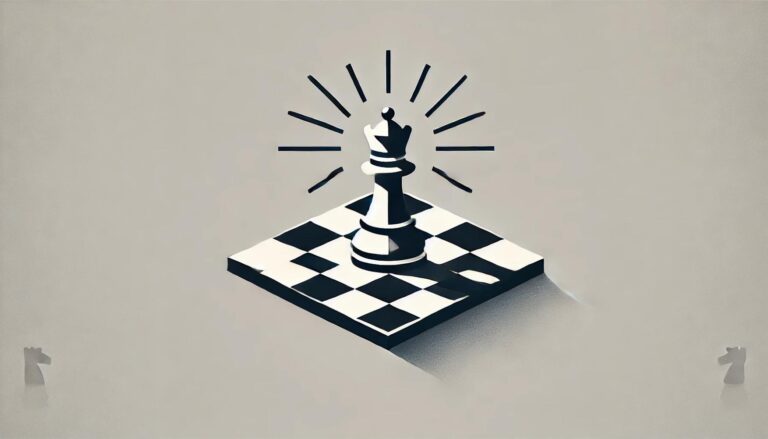Introduction
Chess has long been considered a game of strategy and intelligence. It requires players to think several moves ahead and anticipate their opponent´s actions. Many people have speculated that playing chess can make a person smarter. In this article, we will take a closer look at the science behind chess and explore whether or not it truly has the power to increase intelligence.
The History of Chess
Chess is believed to have originated in India around the 6th century. It then spread to Persia and the Islamic world, where it was further developed. The modern version of chess that we know today originated in Europe during the 15th century and has since become a worldwide phenomenon.
The Cognitive Benefits of Chess
There have been numerous studies conducted on the effects of chess on the human brain. One of the primary benefits of playing chess is its ability to improve cognitive skills. This is due to the fact that chess requires players to use both the left and right sides of their brain simultaneously.
Moreover, chess also requires players to exercise their memory and concentration. In a game of chess, there can be hundreds of possible moves and counter-moves to consider. To be successful, players must be able to remember past moves and anticipate future ones. This constant mental stimulation can help to improve memory and concentration skills.
Does Chess Make You Smarter?
While there is no definitive answer to whether or not chess can make a person smarter, research has shown that it can have a positive impact on cognitive abilities. Several studies have found that regular chess players tend to have higher IQ scores and perform better on standardized tests than non-chess players.
Another study by the University of Chile found that children who participated in a chess program showed a significant increase in their mathematical and academic performance compared to a control group. This further supports the idea that chess can have a positive impact on a person´s cognitive abilities.
Conclusion
In conclusion, the science behind chess suggests that it can have a positive impact on a person´s cognitive abilities. By engaging both sides of the brain and requiring players to exercise their memory and concentration, chess can help to improve problem-solving, critical thinking, and decision-making skills.



